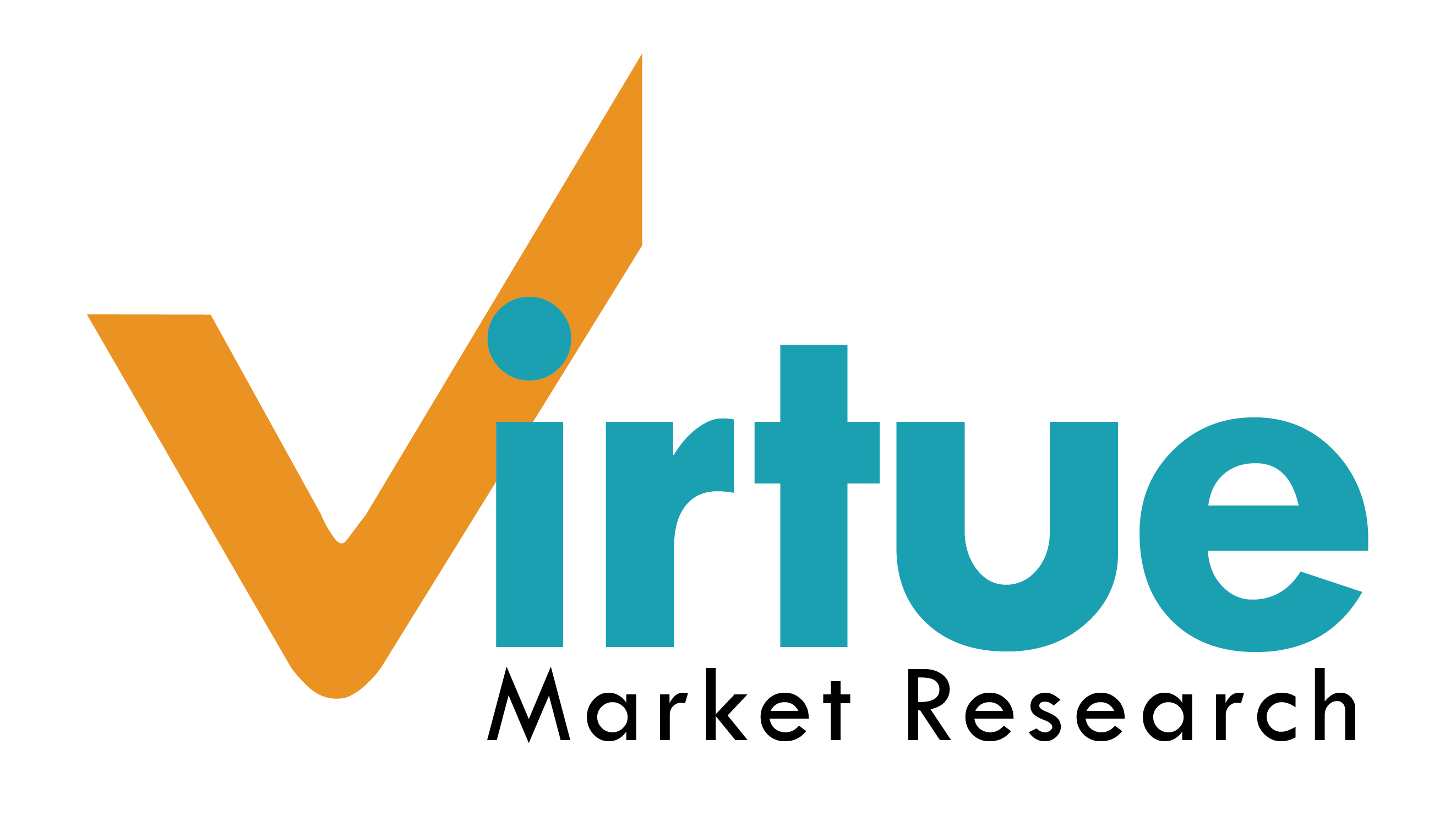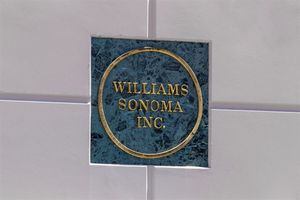According to the latest analysis by Virtue Market Research, the Global Silicon Solar Cells Market valued at USD 2.3 Billion in 2022 and is projected to reach a market size of USD 4.29 Billion by the end of 2030. Over the forecast period of 2023-2030, the market is projected to grow at a CAGR of 8.1%.
In the ever-evolving landscape of the silicon solar cells market, the industry is being shaped and driven by a multitude of factors and trends that reflect the global commitment to sustainability and renewable energy sources. With the ongoing concerns surrounding climate change and the urgent need to reduce carbon emissions, governments and corporations worldwide are actively investing in solar energy solutions. Silicon solar cells have established themselves as a cornerstone of this transition, providing a reliable and cost-effective means of harnessing the boundless power of the sun. This enduring long-term market driver has fueled the industry's growth, fostering the development of solar technology and paving the way for a sustainable energy future.
Request Free Sample @ https://virtuemarketresearch.com/report/silicon-solar-cells-market/request-sample
However, the journey of the silicon solar cells market has not been without its share of challenges, and none more so than the COVID-19 pandemic. This global crisis initially disrupted supply chains and temporarily slowed installation projects as countries grappled with lockdowns and restrictions. Despite these setbacks, the pandemic underscored the critical importance of sustainable and resilient energy sources. As the world faced unprecedented disruptions, governments and organizations recognized the need for energy systems that could weather such storms. Consequently, governments introduced stimulus packages to support the renewable energy sector, providing a much-needed boost to the market. In the long term, the pandemic acted as a catalyst for further investment in solar energy, emphasizing the significance of a sustainable energy future.
In the short term, another remarkable development in the silicon solar cells market is the increasing adoption of energy storage solutions. Energy storage represents a pivotal advancement that complements traditional solar power systems. It allows excess energy generated during sunny days to be efficiently stored for later use, bridging the gap between energy production and consumption. As the cost of energy storage technologies continues to decrease, it emerges as a significant driver for silicon solar cell installations. The synergy between energy storage and silicon solar cells enhances the reliability and efficiency of solar energy, making it an increasingly attractive choice for consumers and businesses alike.
One of the most exciting opportunities currently in the silicon solar cells market lies in the advancement of bifacial solar panels. These innovative panels have the unique capability to capture sunlight not only from their front surface but also from their rear surface, significantly increasing energy generation. Bifacial panels are proving to be an attractive option for businesses and homeowners seeking to maximize their solar energy production. This technological innovation is creating a valuable niche within the market and further exemplifies the industry's commitment to pushing the boundaries of efficiency and sustainability.
A prominent and transformative trend being observed in the industry is the shift towards smart and integrated solar solutions. This involves the seamless integration of solar panels with digital technologies and sophisticated energy management systems. Smart solar solutions empower users to monitor energy production, consumption, and efficiency in real-time, offering unprecedented control and insight into their energy needs. This trend not only enhances the usability of solar power but also contributes significantly to the overall efficiency and sustainability of the energy grid, positioning the silicon solar cells market at the forefront of the digital energy revolution.
Customize This Report According To Your Needs @ https://virtuemarketresearch.com/report/silicon-solar-cells-market/customization
Market Segmentation:
By Product:
Monocrystalline
Multicrystalline
Multicrystalline silicon solar cells have asserted their dominance as the largest and most established segment in the silicon solar cells market. These cells have held a substantial share of the market for many years, making them a trusted and reliable choice for harnessing solar energy. What sets multicrystalline silicon solar cells apart is their ability to strike a harmonious balance between energy efficiency and cost-effectiveness. This key advantage has made them a go-to choice for a broad spectrum of applications, from residential and commercial installations to large-scale utility projects.
While multicrystalline silicon solar cells are already the largest segment, they are not content to rest on their laurels. During the forecast period, these cells are poised to maintain their leadership by securing their place as the fastest-growing segment within the silicon solar cells market. This remarkable growth is a testament to the versatility and adaptability of multicrystalline cells. Manufacturers have continued to invest in research and development, leading to incremental improvements in efficiency. These advancements ensure that multicrystalline cells remain a top choice for those who value both performance and affordability in their solar energy systems.
By End-Use:
Utility-Scale
Commercial
Residential
The silicon solar cells market is characterized by diverse end-use segments, with utility-scale installations emerging as the largest category. Utility-scale solar projects have long been the backbone of the solar energy industry, providing power to vast regions and helping nations meet their renewable energy goals. These projects typically involve the deployment of a multitude of solar panels in solar farms, harnessing sunlight to generate electricity for the grid on a massive scale.
In contrast, the residential segment is rapidly gaining momentum and is projected to be the fastest-growing category during the forecast period. The residential solar market is thriving as more homeowners recognize the benefits of generating their electricity. Advancements in solar panel technology and attractive financial incentives have made it increasingly feasible for homeowners to invest in residential solar systems. The rapid growth of the residential segment is driven by several factors. Homeowners are increasingly inclined towards adopting solar energy to reduce their carbon footprint, lower their energy bills, and achieve energy independence.
Regional Analysis:
The largest segment of the silicon solar cells market by region is undeniably Asia Pacific. This dynamic and populous region has consistently demonstrated its commitment to renewable energy and sustainability. Countries like China, Japan, and India have invested heavily in solar infrastructure, both for utility-scale projects and residential installations, making Asia Pacific the epicenter of solar energy production and consumption. Its robust solar industry, supportive government policies, and increasing awareness of environmental issues have collectively solidified its position as the leading region in the global silicon solar cells market.
Conversely, the fastest-growing regional segment during the forecast period is Latin America. This region has recently witnessed a remarkable surge in solar energy adoption, driven by a combination of favorable climate conditions and a growing demand for sustainable energy sources. Governments across Latin American countries have implemented policies and incentives to encourage solar investments, making it an attractive market for both residential and commercial solar installations. The remarkable growth rate in Latin America underscores the region's rapid embrace of solar power and its potential to become a major player in the global silicon solar cells market.
Unable to locate what you need? CONNECT WITH OUR ANALYST TEAM – https://virtuemarketresearch.com/report/silicon-solar-cells-market/ask-an-expert
Latest Industry Developments:
Vertical Integration and Supply Chain Optimization: In recent years, many companies have embarked on a trend of vertical integration within the silicon solar cells market. This strategy involves the consolidation of various stages of the supply chain, from raw material sourcing to manufacturing and distribution. By bringing key elements of production in-house, companies can exercise greater control over product quality, reduce production costs, and streamline logistics. Vertical integration also mitigates risks associated with supply chain disruptions, as seen during the COVID-19 pandemic. Recent developments indicate an increasing number of companies investing in solar-grade silicon manufacturing and expanding their capacities for wafer and cell production. This trend of vertical integration not only bolsters their competitiveness but also enhances their resilience to market fluctuations.
Research and Development for High-Efficiency Solar Cells: Another prominent trend in the silicon solar cells market is the continuous investment in research and development (R&D) to enhance the efficiency of solar cells. High-efficiency solar cells are pivotal in achieving better energy conversion rates and maximizing the power output of solar installations. Companies are increasingly focusing on advanced materials, such as PERC (Passivated Emitter Rear Contact) and HJT (Heterojunction Technology), to improve cell performance. Additionally, innovations in tandem solar cells and bifacial technology are on the rise, enabling cells to capture sunlight from multiple angles and further increase energy yield. These R&D efforts are not only a means of staying competitive but also a way for companies to cater to the growing demand for high-efficiency, sustainable solar solutions.
Market Expansion and International Presence: A notable trend in the Silicon Solar Cells Market is the global expansion and establishment of an international presence. Companies are looking beyond their domestic markets to tap into the growing demand for solar energy across the globe. They are engaging in strategic partnerships, mergers, and acquisitions to access new markets and diversify their customer base. Recent developments include major solar players entering emerging markets with untapped potential, such as those in Asia, Africa, and South America. Furthermore, they are fostering relationships with local governments and utilities to secure large-scale solar projects and strengthen their position in the international market. The trend of market expansion is a strategic move aimed at increasing market share and capitalizing on the worldwide transition to renewable energy sources.
Purchase This Full Report @ https://virtuemarketresearch.com/checkout/silicon-solar-cells-market
About Us:
“Virtue Market Research stands at the forefront of strategic analysis, empowering businesses to navigate complex market landscapes with precision and confidence. Specializing in both syndicated and bespoke consulting services, we offer in-depth insights into the ever-evolving interplay between global demand and supply dynamics. Leveraging our expertise, businesses can identify emerging opportunities, discern critical trends, and make decisions that pave the way for future success.”
Media Contact
Company Name: Virtue Market Research
Contact Person: Megha
Email: Send Email
Phone: +1-917 436 1025
Country: India
Website: https://virtuemarketresearch.com






